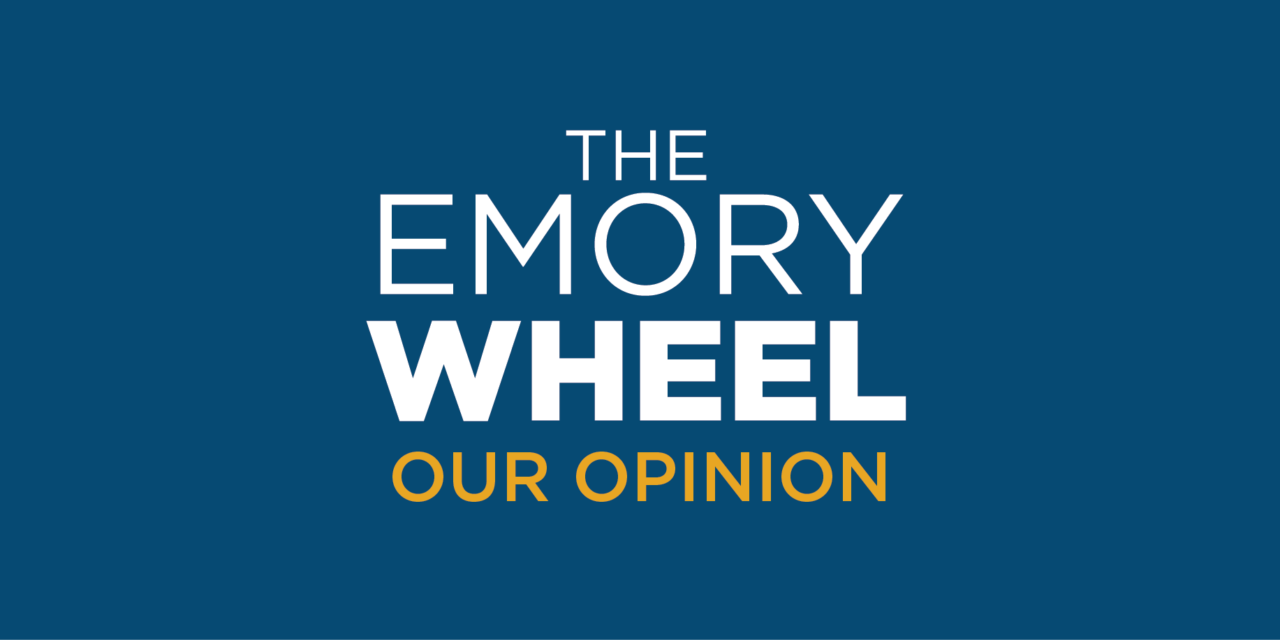This week, OpenEmory, the University’s free-access scholarly database, is celebrating its one-year anniversary. With more than 1,800 articles logged, OpenEmory joins the international open access movement, which advocates comprehensive access to academic research. This can take the form of completely free access or through Creative Commons licenses, where scholars can specifically indicate what users can freely access their work. According to its website, OpenEmory aims to open disciplinary boundaries and promote the research and scholarship of Emory’s faculty with the world through digital means.
We at the Wheel support OpenEmory and its ideology. Increased availability to scholarly work provides many opportunities that would otherwise be inaccessible.
Increased access to research creates more convenient opportunities for academic communication between scholars, enhances the impact of research and aligns with the University’s move to join open access organizations like Coursera and other massive open online courses (MOOCs).
By eliminating access barriers, we can boost the likelihood of implementing research conclusions and dissertations, like in the case of the Atlanta BeltLine, the city’s new multi-purpose trail system. The idea for the BeltLine started with the masters thesis of Georgia Institute of Technology student Ryan Gravel, who distributed his thesis to Atlanta leaders. The result is a public parks and transportation service created by a cohesive mixture of academia and activism and driven by the accessibility of research.
Additionally, availability of scholarly works to the public can eliminate common miscommunications that occur within the media. Sometimes, researchers become frustrated with the imprecise language that others use to describe their work, so free access to these works would help students and readers go directly to the source of detailed academic work.
Above all, programs like OpenEmory help improve the quality and accessibility of education, broadening the reach of digital scholarship to those who might otherwise not receive it. Open Access affects all disciplines, from the humanities to the hard sciences, and allows for expanded peer review opportunities, wider international presence through the Internet and continuing education for those outside of school. With the advent of the Internet and changing technologies, we at the Wheel feel that OpenEmory serves as a positive tool for promoting the University’s scholarship with the global public.
The above staff editorial represents the majority opinion of the Wheel‘s editorial board.
The Emory Wheel was founded in 1919 and is currently the only independent, student-run newspaper of Emory University. The Wheel publishes weekly on Wednesdays during the academic year, except during University holidays and scheduled publication intermissions.
The Wheel is financially and editorially independent from the University. All of its content is generated by the Wheel’s more than 100 student staff members and contributing writers, and its printing costs are covered by profits from self-generated advertising sales.






Thanks for covering this Emory Wheel. The academy definitely needs to do a lot more in terms of accessibility